In the past 10 years, AFRIEL has established both formal and non-formal networks based on our working areas. These networks have evolved through AFRIEL’s activities, connecting with various groups and stakeholders over the past decade.
The formal Citizen Watchers network focuses on identifying, reporting, and facilitating citizens facing human rights violations at the grassroots level. Led by grassroots-trained youth, this network builds connections within villages, elder communities, community-based organizations, and with religious leaders. The Youth for Democracy network aims to increase youth political participation and engagement in the country.
In the realm of non-formal networks, the senior government officer network supports RTI implementation as trainers, the civil society activist network guides youth, the professional and intellectual network, along with the former public servant network, serves as non-formal advisory groups for AFRIEL on policy reforms. AFRIEL also collaborates with journalist groups in North and East and web journalists in the southern regions to assist youth in enhancing advocacy efforts.
Thus far, we have conducted 37 roundtable discussions involving at least 1,107 individuals to strengthen networking capacity.
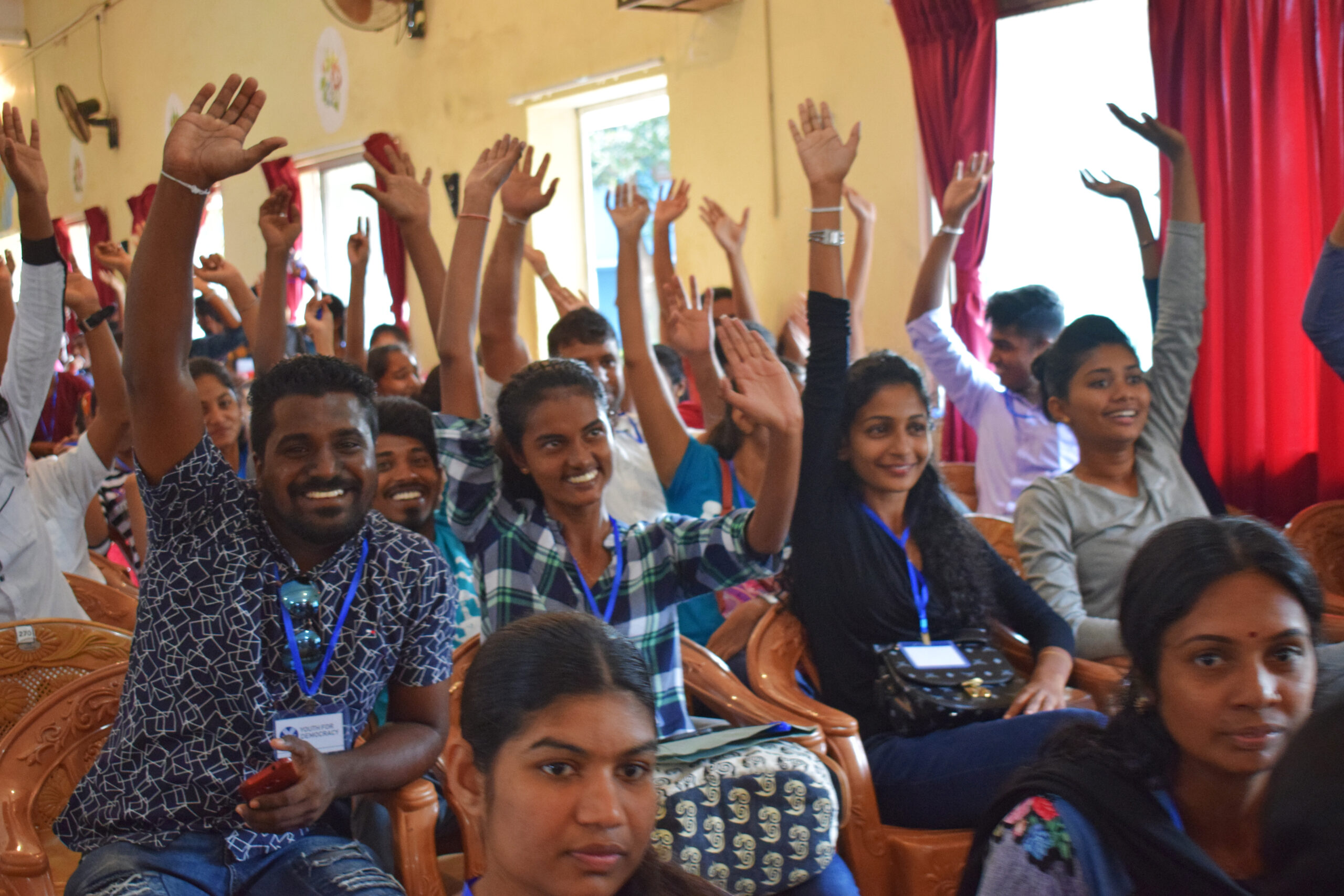
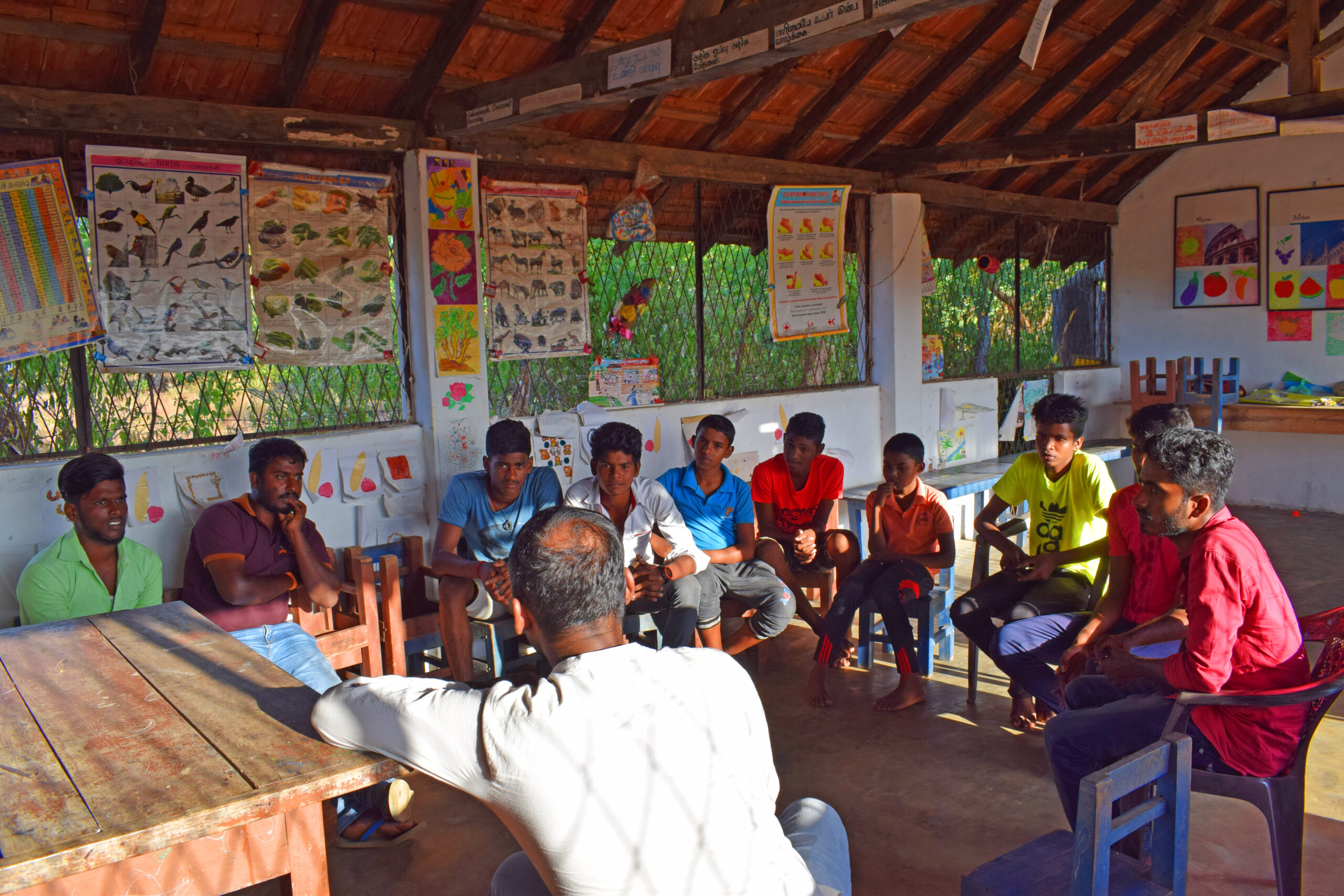
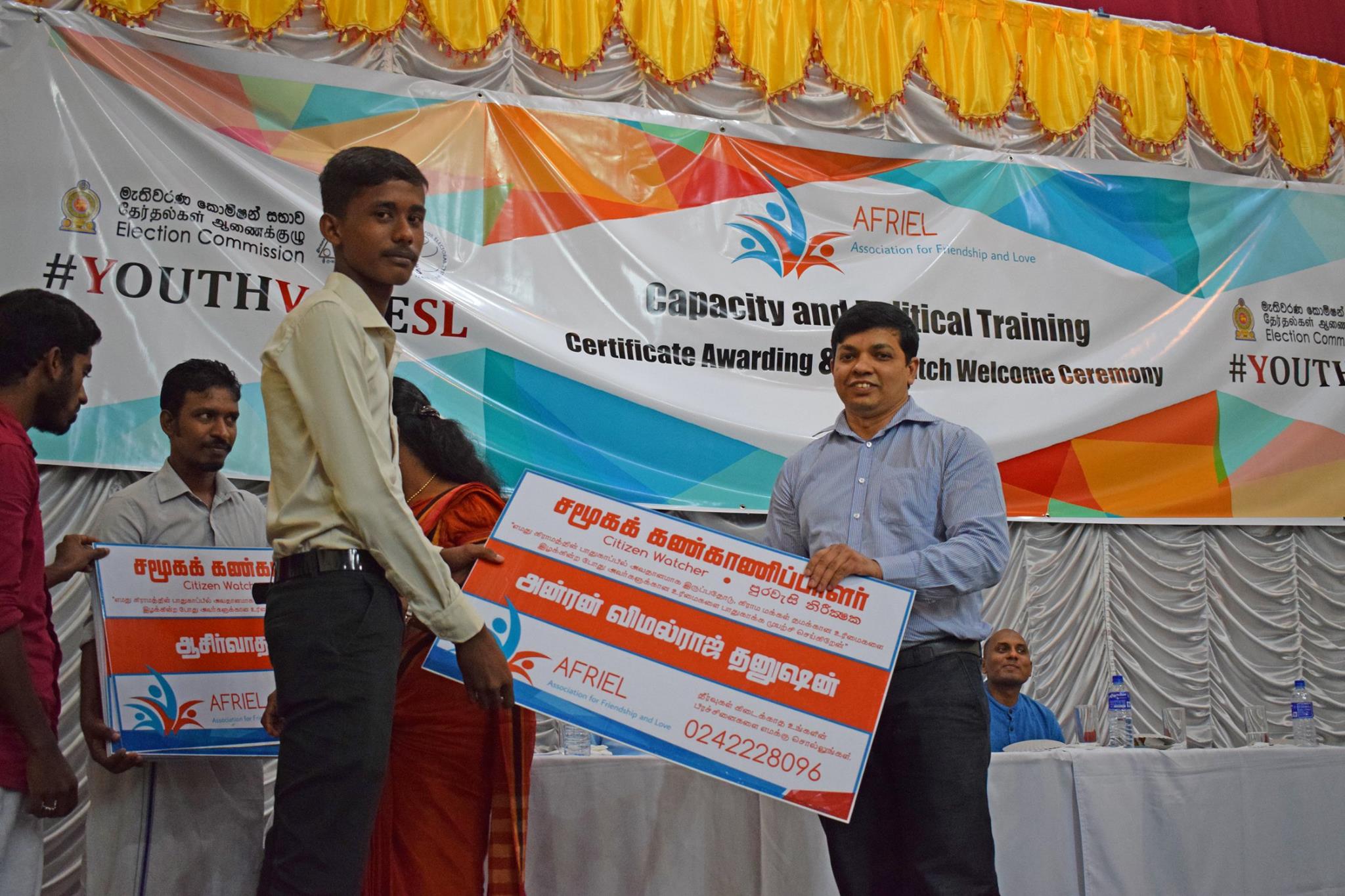
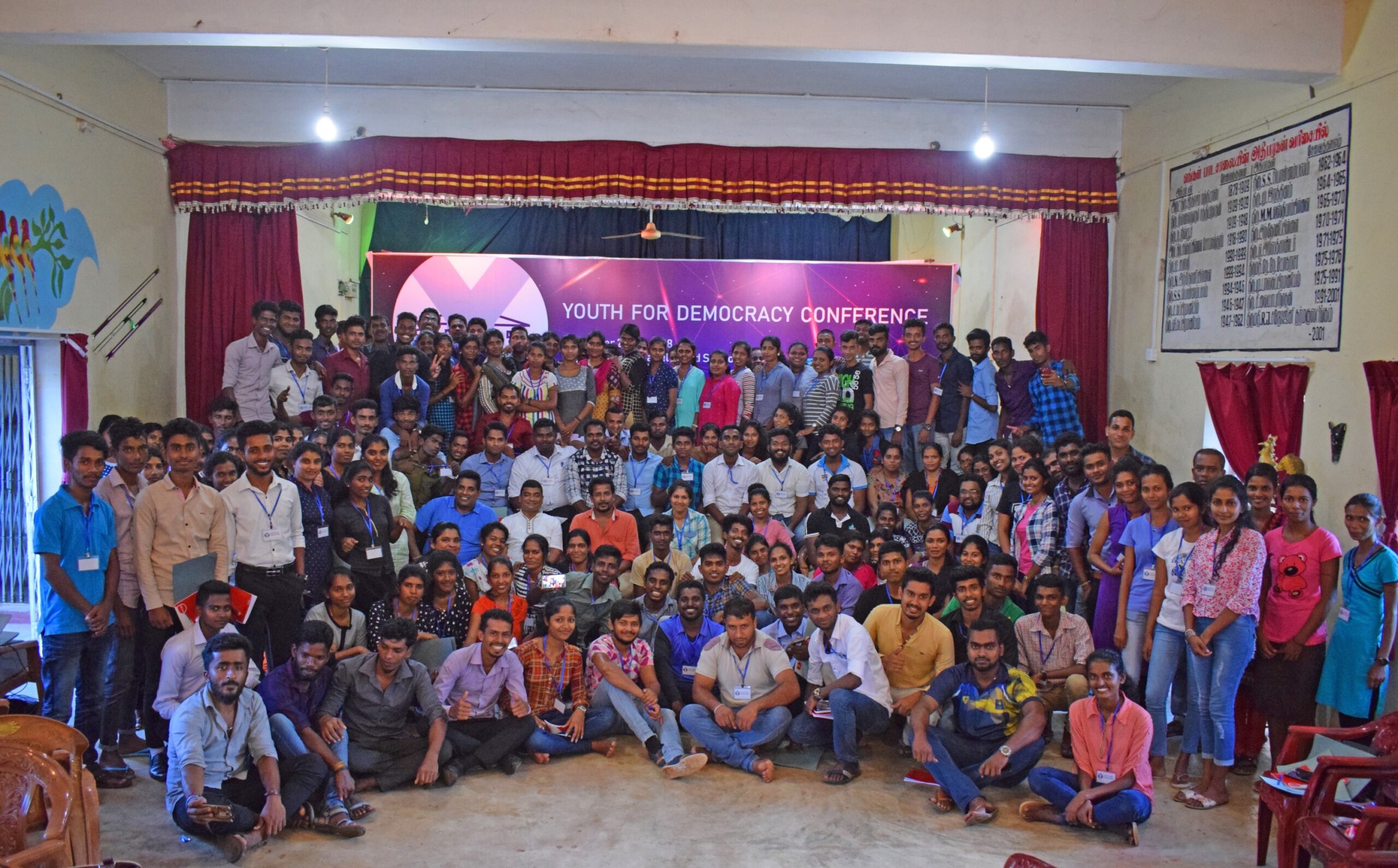
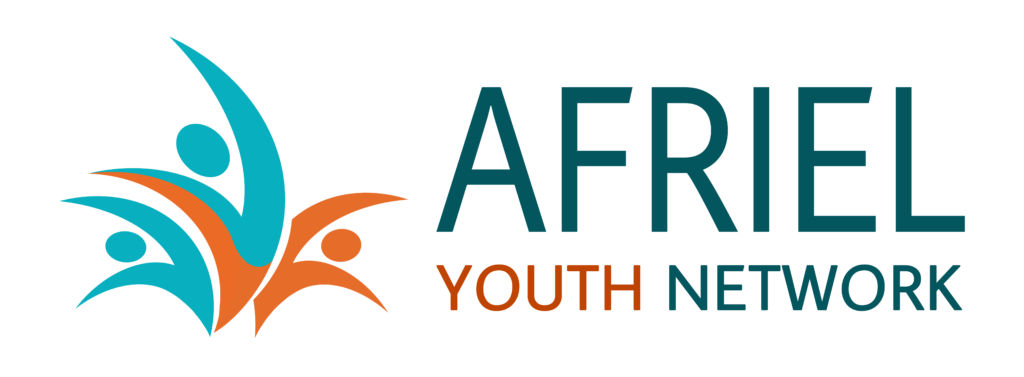
You must be logged in to post a comment.